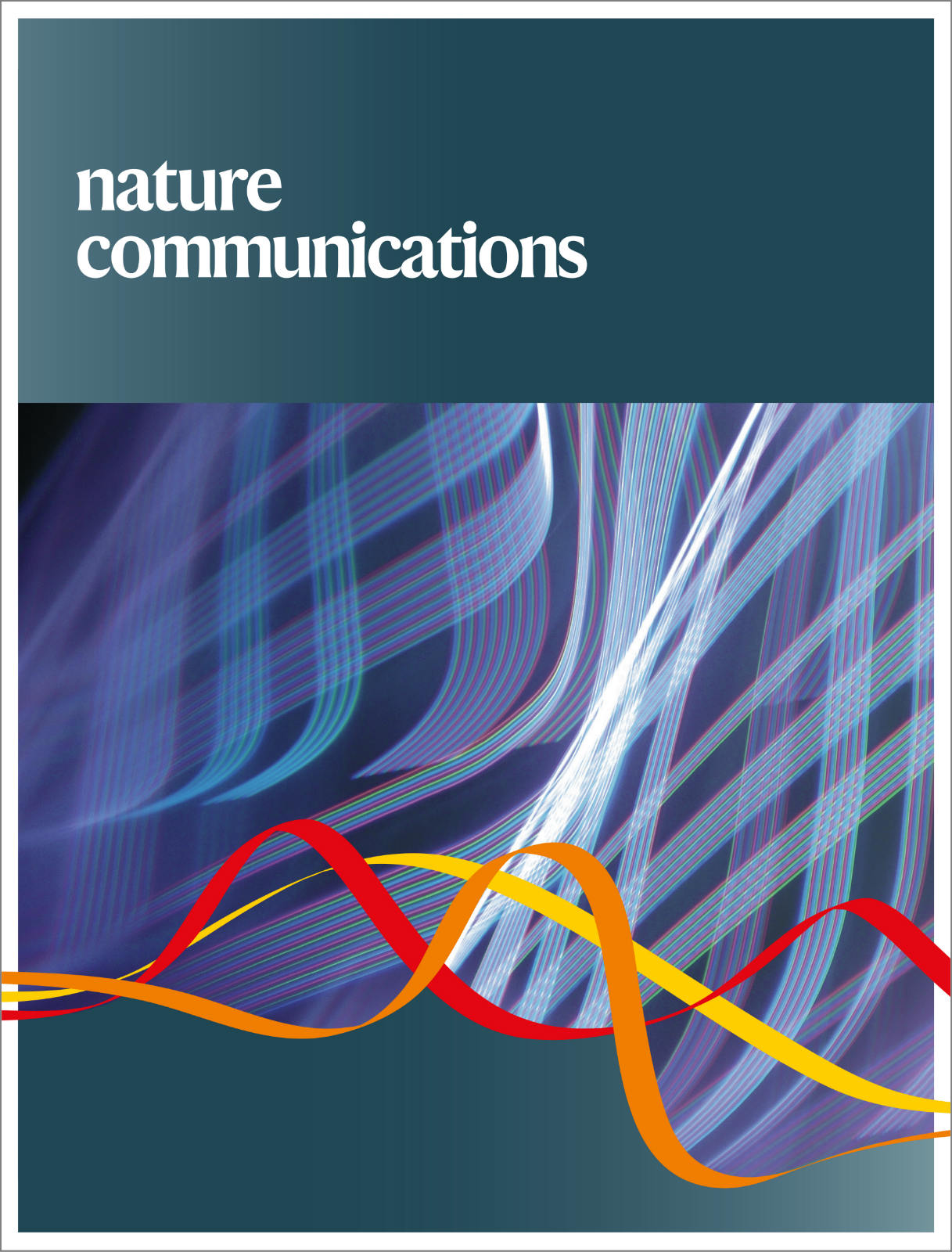ccr28通过CCR10+内皮细胞参与雄性小鼠心肌梗死后血管生成和心脏修复。
IF 15.7
1区 综合性期刊
Q1 MULTIDISCIPLINARY SCIENCES
引用次数: 0
摘要
以血管生成为目标的基于分泌体的治疗方法有望治疗缺血性心脏病(IHD)。趋化因子C-C基序配体(CCL) 28在IHD中的作用尚不清楚。在这项研究中,我们通过心肌梗死(MI)和后肢缺血(HI)模型研究了CCL28在雄性小鼠IHD期间血管生成中的作用。在HI和MI中观察到ccr28 / C-C基序受体(CCR)10轴上调。此外,CCR10在内皮细胞(ECs)中高度表达。与CCR10- ECs相比,CCR10+ ECs表现出强大的促血管生成能力,这是由CCL28通过CCR10/ERK/SOX5正反馈信号诱导的。CCL28的缺失导致血管生成受损,而使用重组CCL28蛋白对心肌和后肢缺血(包括糖尿病)具有治疗潜力。在缺血模型中,内皮特异性CCR10缺乏会损害血管生成并阻断ccr28的治疗作用。血清CCL28水平对慢性全闭塞患者冠状动脉侧支血管(CCV)有预测作用。本研究强调了CCL28的血管生成作用,并提示重组CCL28蛋白可能是减轻IHD的潜在治疗选择。本文章由计算机程序翻译,如有差异,请以英文原文为准。
CCL28 contributes to angiogenesis and cardiac repair through CCR10+ endothelial cells after myocardial infarction in male mice.
Secretome-based therapies that target angiogenesis are promising for the treatment of ischemic heart disease (IHD). The effects of Chemokine C-C motif ligand (CCL) 28 on IHD remain unclear. In this study, we investigated the role of CCL28 in angiogenesis during IHD in male mice using the myocardial infarction (MI) and hindlimb ischemia (HI) models. The upregulated CCL28/ C-C motif receptor (CCR)10 axis has been observed in HI and MI. Additionally, CCR10 is highly expressed in endothelial cells (ECs). Compared to CCR10- ECs, CCR10+ ECs exhibited robust proangiogenic capacity, which was induced by CCL28 through CCR10/ERK/SOX5 positive feedback signaling. The deletion of CCL28 results in impaired angiogenesis, whereas the use of recombinant CCL28 protein has therapeutic potential for myocardial and hindlimb ischemia, including that in diabetes. Endothelial-specific CCR10 deficiency impairs angiogenesis and blocks the therapeutic effects of rCCL28 in ischemic models. Serum CCL28 levels have a predictive effect on coronary collateral vessels (CCV) in patients with chronic total occlusions. This study highlights the angiogenic role of CCL28 and suggests that recombinant CCL28 protein may be a potential therapeutic option to attenuate IHD.
求助全文
通过发布文献求助,成功后即可免费获取论文全文。
去求助
来源期刊

Nature Communications
Biological Science Disciplines-
CiteScore
24.90
自引率
2.40%
发文量
6928
审稿时长
3.7 months
期刊介绍:
Nature Communications, an open-access journal, publishes high-quality research spanning all areas of the natural sciences. Papers featured in the journal showcase significant advances relevant to specialists in each respective field. With a 2-year impact factor of 16.6 (2022) and a median time of 8 days from submission to the first editorial decision, Nature Communications is committed to rapid dissemination of research findings. As a multidisciplinary journal, it welcomes contributions from biological, health, physical, chemical, Earth, social, mathematical, applied, and engineering sciences, aiming to highlight important breakthroughs within each domain.
 求助内容:
求助内容: 应助结果提醒方式:
应助结果提醒方式:


